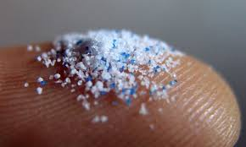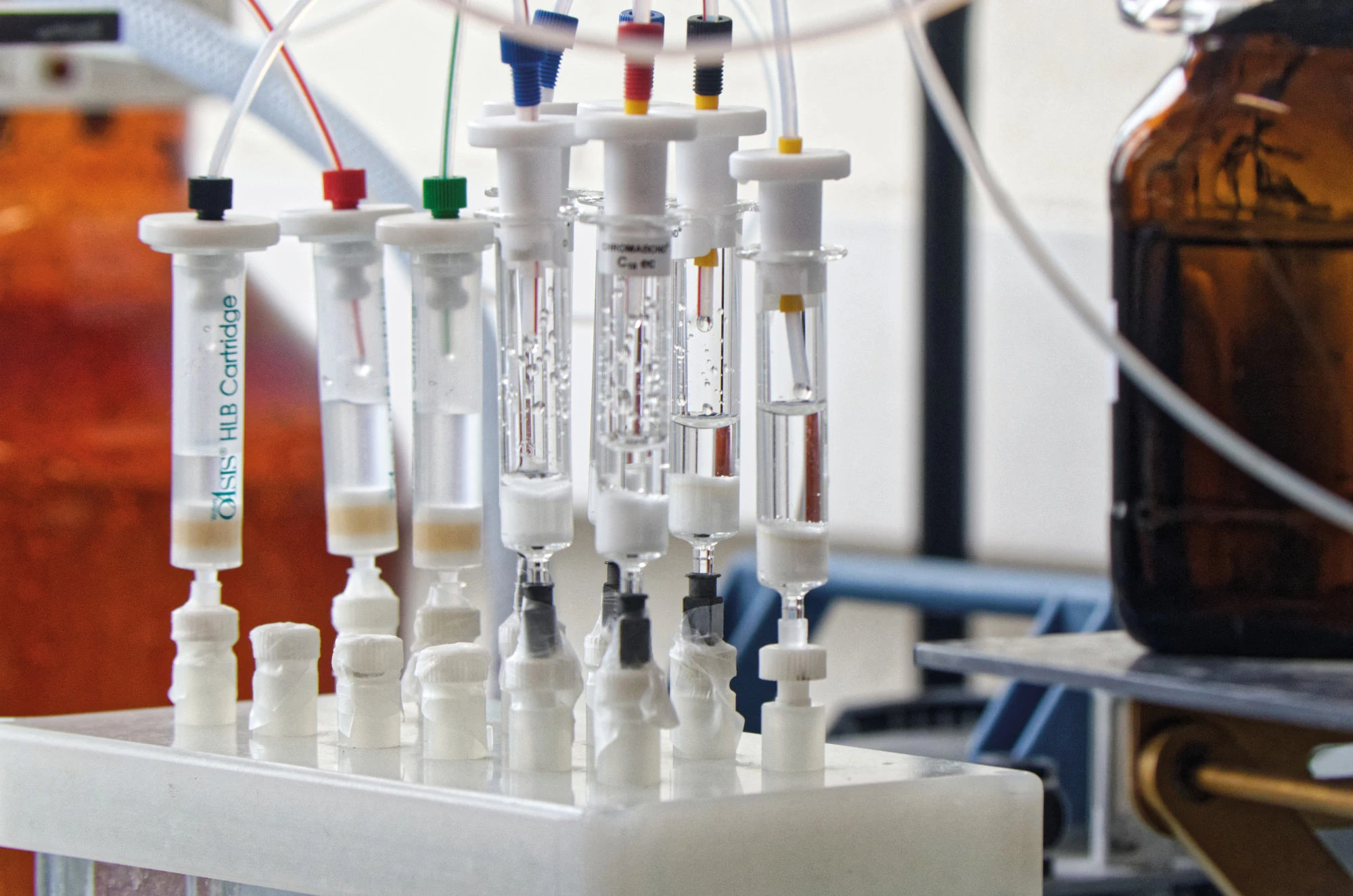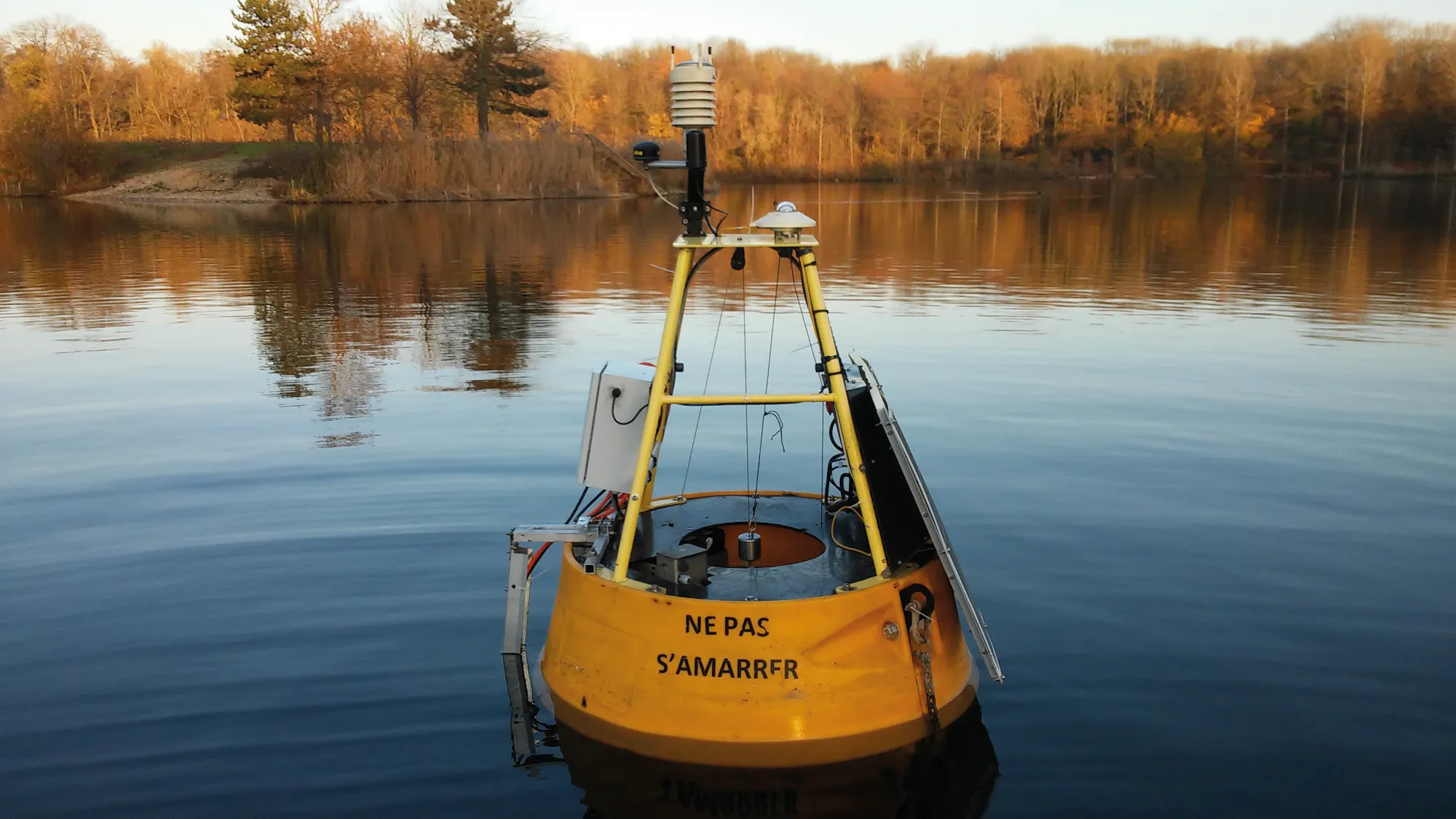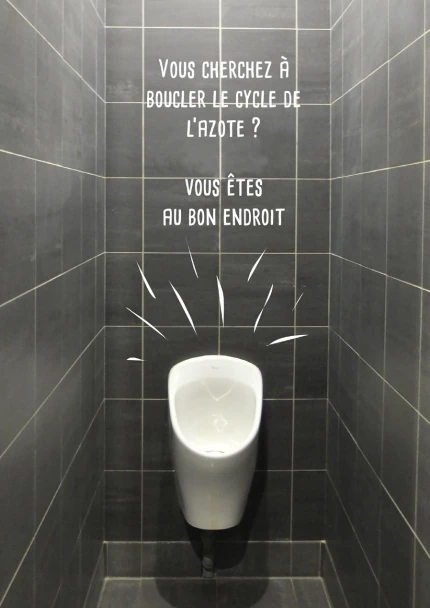- Recrutements
- Contacts
- Annuaires
- Choix du langage :
Dernières publications
950.
- titre
- Do suspended particles matter for wastewater-based epidemiology?
- auteur
- Gauthier Bernier-Turpin, Régis Moilleron, Chloé Cenik, Fabrice Alliot, Sabrina Guérin-Rechdaoui, Thomas Thiebault
- article
- , In press, 280, pp.123543. ⟨10.1016/j.watres.2025.123543⟩
- titre
- Stock and vertical distribution of microplastics and tire and road wear particles into the soils of a high-traffic roadside biofiltration swale
- auteur
- Max Beaurepaire, Tiago de Oliveira, Johnny Gasperi, Romain Tramoy, Mohamed Saad, Bruno Tassin, Rachid Dris
- article
- , 2025, 373, pp.126092. ⟨10.1016/j.envpol.2025.126092⟩
- titre
- Assessing water quality restoration measures in Lake Pampulha (Brazil) through remote sensing imagery
- auteur
- Alexandre Assunção, Talita Silva, Lino de Carvalho, Brigitte Vinçon-Leite
- article
- , 2025, ⟨10.1007/s11356-025-35914-6⟩
- titre
- How to monitor and forecast microbiological quality in bathing sites in urban water bodies? The La Villette study site (Paris)
- auteur
- Arthur Guillot - Le Goff, Natalia Angelotti de Ponte Rodrigues, Rémi Carmigniani, Brigitte Vinçon-Leite
- article
- , 2025, TSM 12/2024, pp.219-228. ⟨10.36904/tsm/202412219⟩
- titre
- Modelling evapotranspiration in urban green stormwater infrastructures: Importance of sensitivity analysis and calibration strategies with a hydrological model
- auteur
- Ahmeda Assann Ouédraogo, Emmanuel Berthier, Jérémie Sage, Marie-Christine Gromaire
- article
- , 2025, 185, pp.106319. ⟨10.1016/j.envsoft.2025.106319⟩
SmartWaterTwin - présentation
publié le , mis à jour le
Années : 2022 - 2025
Nom du projet : SmartWaterTwin : Twinning for smart water - Penser et repenser l’économie circulaire dans le secteur de l’eau.
1. Premier pas de la Serbie dans le traitement circulaire des eaux usées
Le secteur de l’eau des Balkans occidentaux est actuellement confronté à divers défis aggravés par le changement climatique et la pollution. L’économie circulaire peut y remédier. En effet, les eaux usées peuvent servir de solution innovante contribuant au lien entre l’eau, l’énergie et la récupération des matériaux. Le projet SmartWaterTwin, financé par l’UE, stimulera les connaissances et l’excellence de la recherche dans le domaine du traitement et de la gestion durables des eaux usées en renforçant les capacités scientifiques et techniques en Serbie. À terme, le projet contribuera à faire évoluer le paradigme d’un modèle linéaire et traditionnel vers un modèle futur et circulaire.
2. Objectif
L’Agenda Vert des Balkans Occidentaux, vise à soutenir des initiatives de développement de l’économie circulaire et de réduction des pollutions de l’air, de l’eau ou des sols. Du fait d’une demande accrue en eau, énergie et alimentation, et simultanément pour réduire les impacts environnementaux, le secteur du traitement des eaux a besoin de solutions innovantes. Les eaux usées peuvent contribuer à l’économie circulaire au travers le nexus eau-énergie-matériaux. Le projet SmartWaterTwin vise à développer la connaissance et l’excellence scientifique ainsi que les capacités techniques des institutions serbes.
Sur le long terme, le projet SmartWaterTwin initiera un changement de paradigme du modèle linéaire (traditionnel) vers un modèle circulaire (futur) dans le secteur de l’eau en Serbie. En outre, il servira d’instrument pour évaluer les conditions limites de la circularité en influençant les niveaux de connaissance, la collaboration et la création de politiques publiques. Une évaluation analytique des avantages potentiels de l’économie circulaire pour la Serbie sera effectuée et pourra être extrapolée pour la région des Balkans Occidentaux. Des indicateurs mesurant la performance vers le développement de l’économie circulaire seront proposés.
Le projet fournit une opportunité de jumelage dans une approche internationale cohérente de l’économie circulaire en développant une analyse comparative de deux perspectives. Le projet vise à changer la perception vis-à-vis des eaux usées : ne pas les penser comme des déchets mais comme des ressources.
Partenaires
- Université de Novi Sad - Faculté des Sciences (Serbie)
- Université Paris-Est Créteil - LEESU (France)
- Institut Catala de Recerca de l’Aigua - ICRA (Espagne)
Contacts : Julien Le Roux et Régis Moilleron









 Productions scientifiques
Productions scientifiques Moyens techniques et équipements
Moyens techniques et équipements Expertise et disciplines
Expertise et disciplines



